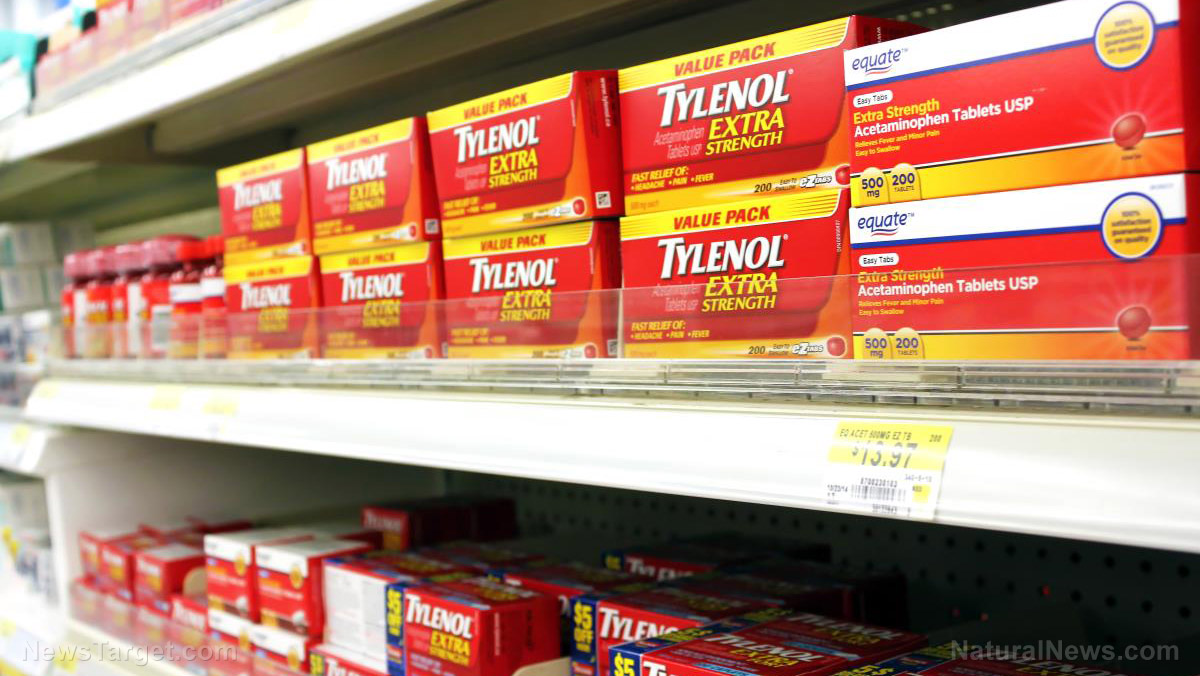 Parler
Parler Gab
Gab
- An investigation found high lead levels in many popular protein powders.
- Plant-based powders contained significantly more lead than dairy-based options.
- Some products contained more than ten times the safe daily lead limit per serving.
- The FDA does not set specific federal limits for lead in these supplements.
- Chronic lead exposure can cause serious neurological and other health issues.
A regulatory gray area
A significant part of the problem lies in a lack of federal oversight. There are no federal limits for the amount of lead allowed in protein powders. The Food and Drug Administration (FDA) requires manufacturers to keep products “free of harmful contaminants,” but largely leaves it to companies to decide what that means and to test their own products. This regulatory gap means contaminated supplements can reach consumers before any problems are caught. The FDA’s oversight is limited, with the agency inspecting only a small fraction of the thousands of registered supplement manufacturers each year. A spokesperson for the FDA said the agency would review CR’s findings to help inform its testing and enforcement efforts.The dangers of chronic lead exposure
While a single serving is unlikely to cause immediate harm, the danger of lead lies in chronic, long-term exposure. “It’s concerning that these results are even worse than the last time we tested,” said Tunde Akinleye, CR’s food safety researcher who led the project. Lead accumulates in the body and can contribute to serious health issues over time. Chronic lead exposure has been linked to immune suppression, reproductive problems, kidney damage, and high blood pressure in adults. Children and pregnant people are most vulnerable because lead can damage the developing brain and nervous system, potentially causing neurological issues and learning delays. The protein supplement industry challenged CR’s safety thresholds. A trade group representative said the findings create a “misleading impression of risk.” However, medical experts stress that any unnecessary exposure is a risk not worth taking.Rethinking protein needs
This investigation arrives as Americans are in the midst of a protein craze, with fortified foods and supplements saturating the market. Yet nutrition experts say the average American already exceeds the recommended daily intake of protein through their diet alone. Most people can meet their needs with whole foods like organic beans, pasture-raised eggs, and lean meats. For those who still choose to use protein powders, experts advise limiting consumption, especially when it comes to products with high heavy metal levels. Scrutinizing brands that provide third-party testing results and opting for whey-based proteins can help reduce exposure. Ultimately, being informed is the best defense in an under-regulated market where consumer safety often depends on corporate vigilance. Sources for this article include: NaturalHealth365.com ConsumerReports.org FoxNews.comThe hidden link: How your gut microbiome influences your cancer risk
By Willow Tohi // Share
Trump warns against Tylenol use during pregnancy, calls for vaccine schedule overhaul
By Belle Carter // Share
Rubio defends Israeli airstrike as accusations of Gaza ceasefire violations mount
By Cassie B. // Share
Common antidepressants disrupt heart function and cause significant weight gain
By Lance D Johnson // Share
Amazon plans to axe 30,000 corporate jobs in massive AI-driven layoff wave
By Cassie B. // Share
South China Sea mishaps: U.S. Navy loses two advanced aircraft in half-hour
By Willow Tohi // Share
Governments continue to obscure COVID-19 vaccine data amid rising concerns over excess deaths
By patricklewis // Share
Tech giant Microsoft backs EXTINCTION with its support of carbon capture programs
By ramontomeydw // Share
Germany to resume arms exports to Israel despite repeated ceasefire violations
By isabelle // Share










